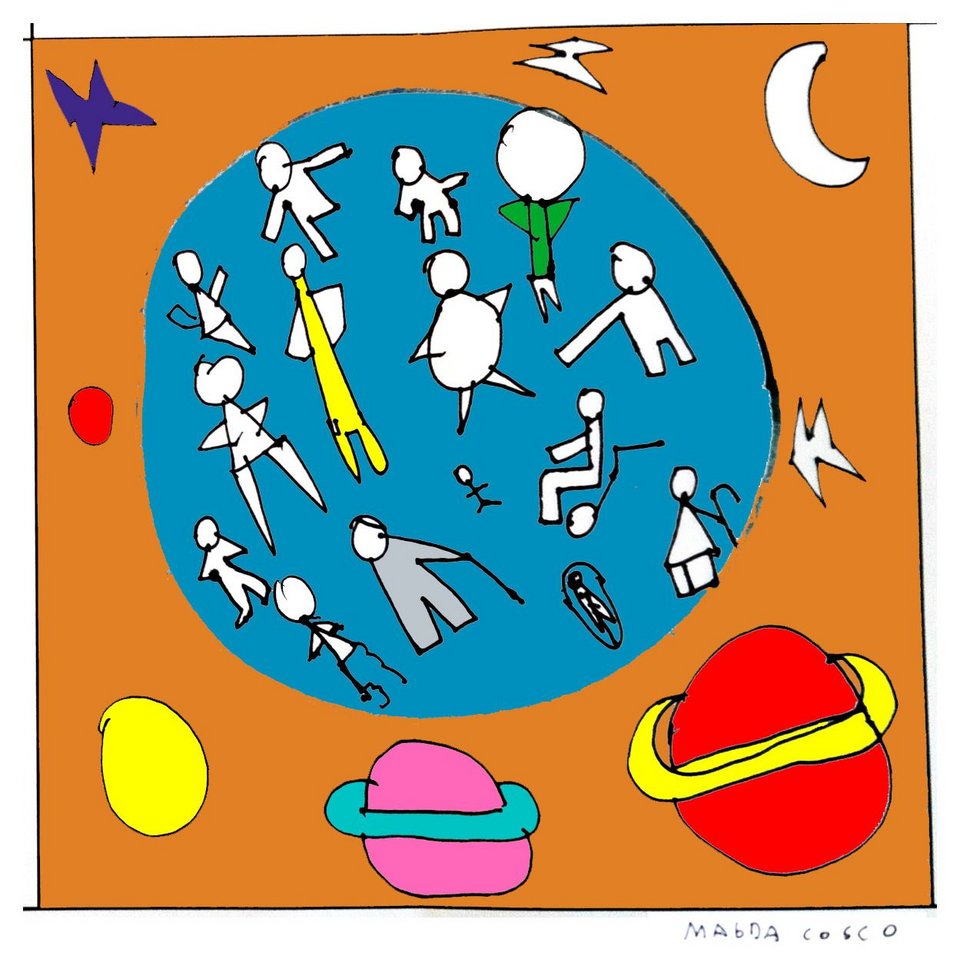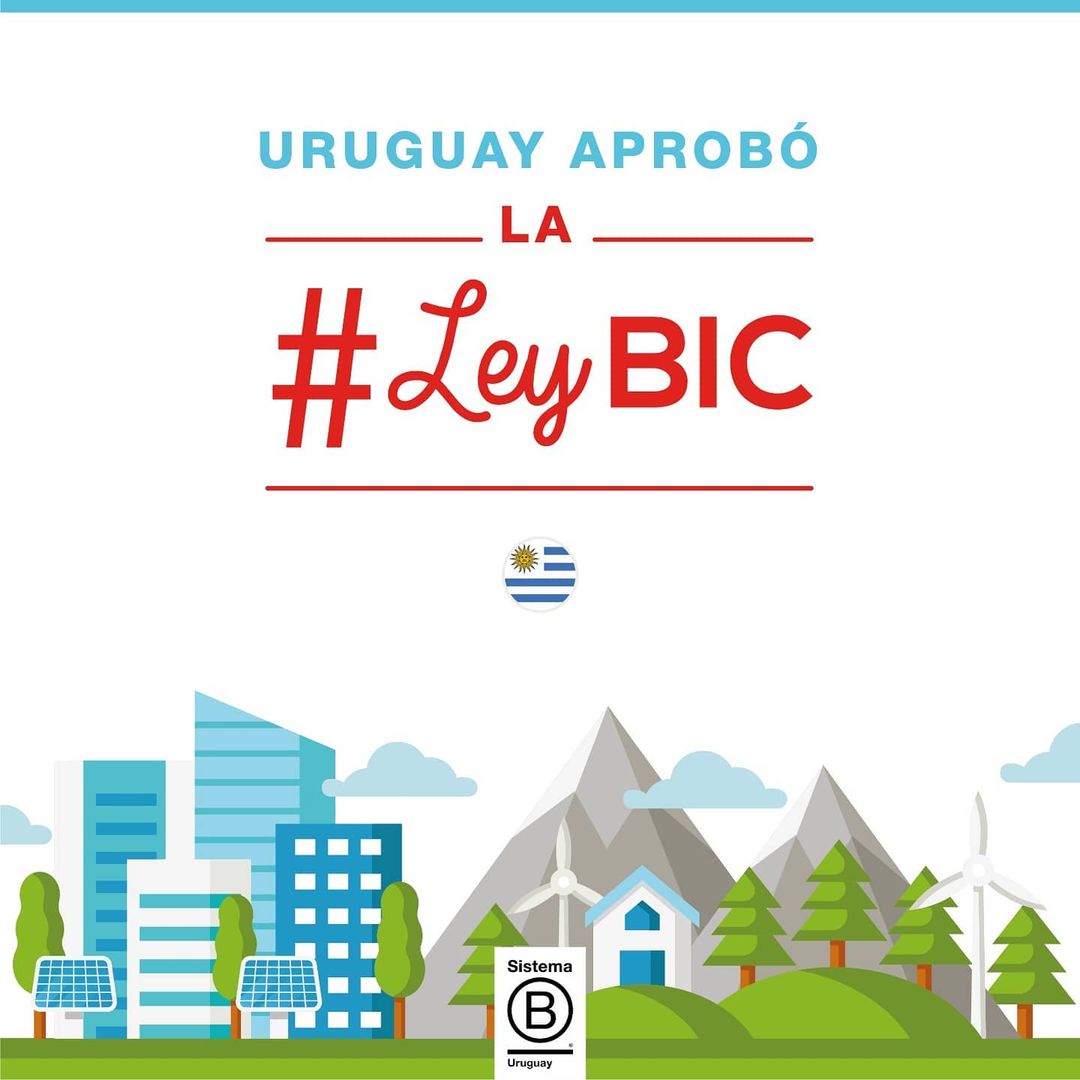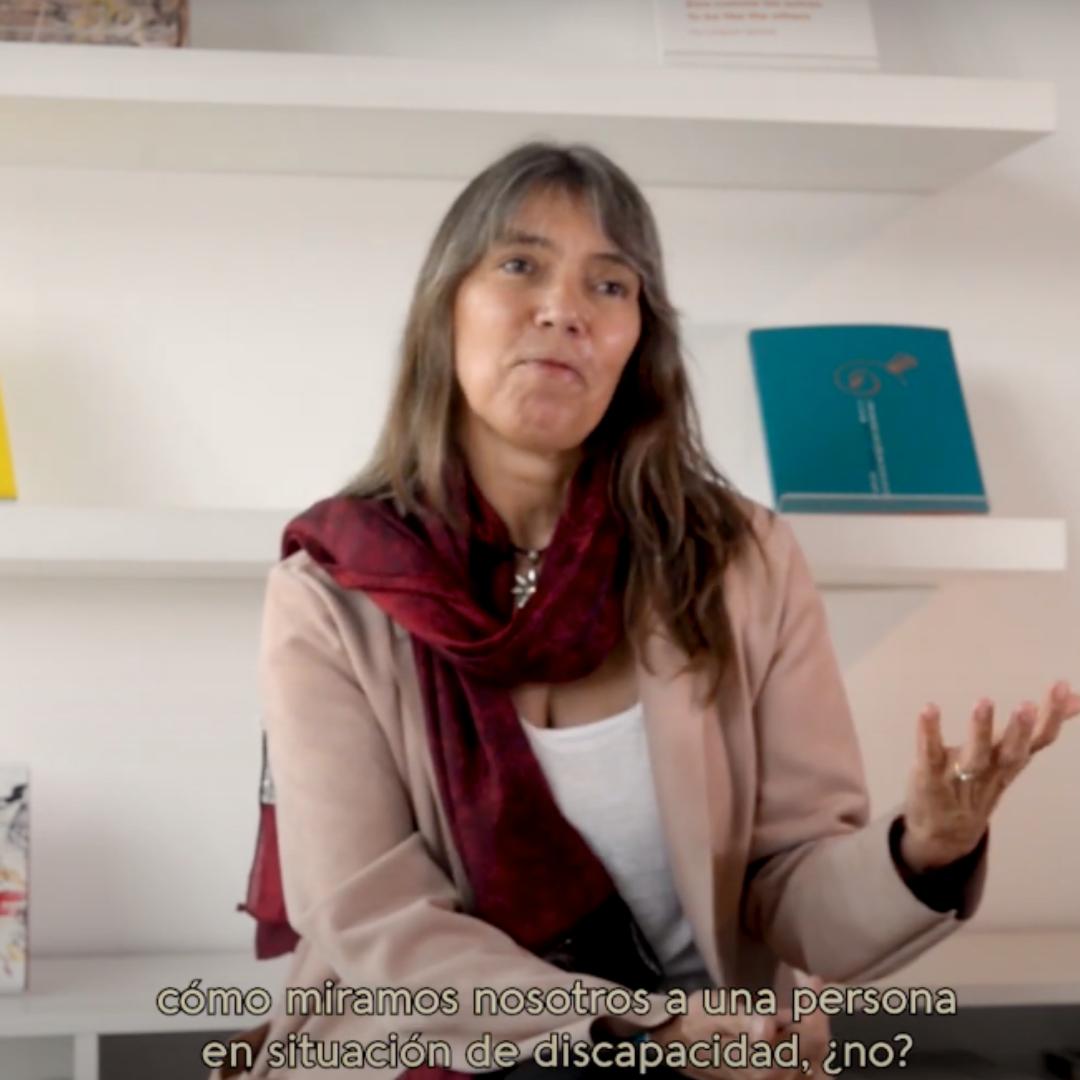
Over the last decade, diversity and inclusion initiatives have gained an important place in most organizations' agendas. While some companies began with awareness raising programs, others implemented inclusive hiring practices and others dived into cultural transformation journeys. This certainly, represents a very important step towards a more equitable society with more opportunities for all.
At this time of great uncertainty due to COVID-19, we should not forget these achievements. Applying an inclusion-based approach will help us emerge stronger from this challenge.
Understanding the scope of diversity and inclusion.
Diversity refers to our very human essence. It is a source of wealth for humanity. When we have variety, we enjoy different and complementary perspectives. Therefore, diversity not only enriches us as individuals and organizations but also protects us.
How can a diversity and inclusion approach help us now?
This global crisis affects every individual. Actually, the virus is showing that everyone, without exception, is vulnerable. The following recommendations can help us meet this challenge in a human-centered way:
- Rethink our purpose. Our purpose results from the question ´why do I do what I do? The answer lies beyond financial gain. It relates to the positive contribution that my work produces on the community. Inclusive companies have a human-centered purpose.
- Adopt an inclusive stance. This refers to a way of being and existing as an organization. We need to observe our biases, which unconsciously lead us to repeat patterns, especially under high levels of stress. For example, do we always rely on the same team members and exclude others?
- From I to We. One of the first steps to develop an inclusive culture is to adopt an empathic position that allows us to trust and co-create a new reality. We can let go our fears by connecting with the others and generating new conversations, which lead us to generate empathy and design the new paradigm together.
- Draw on the strengths of the entire team. When we apply a diversity and inclusion approach, we focus on the strengths of the individual, not on what they cannot do, lack, or are different from me. During uncertain times, we run the risk of clinging to our survival instincts. Let us remember the strengths and gifts of each individual: this will create an environment of collaboration from which sustainable solidarity will emerge.
- Encourage ‘divergent’ thinking. Now, that many paradigms seem to collapse, we need creative thinking and out-of-the box ideas to imagine how to get out of this crisis, innovate and create new possibilities.
What lessons can we learn?
Many people with disabilities and members of minority groups are specialists in developing resilience. While they already know what a limit means, many of us are experiencing it for the first time: physically (being at home, wearing a mask), socially (we cannot meet), and professionally (online work). They know that they cannot do it alone and that each depends on the other. The crisis is teaching us that we need each other and that we are all interdependent. When we apply an inclusive approach in our work, each and every one benefits. We can start implementing it right away, in our spheres of influence and we’ll see the shock wave propagate.
What actions can you take to turn this challenge into an opportunity in your workplace?


